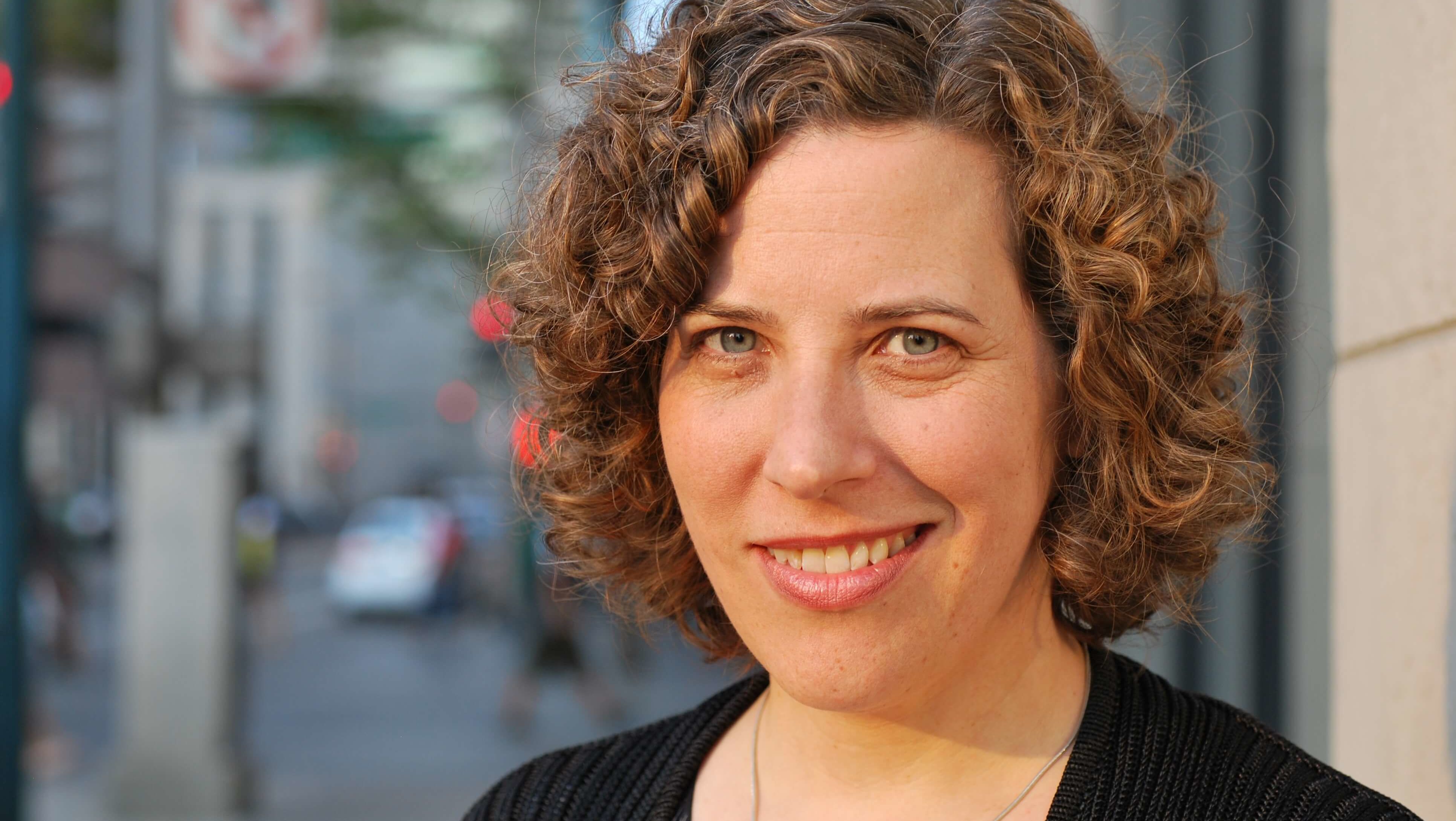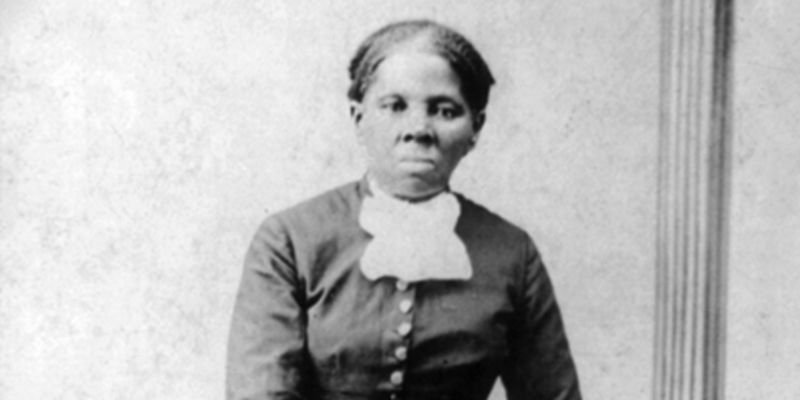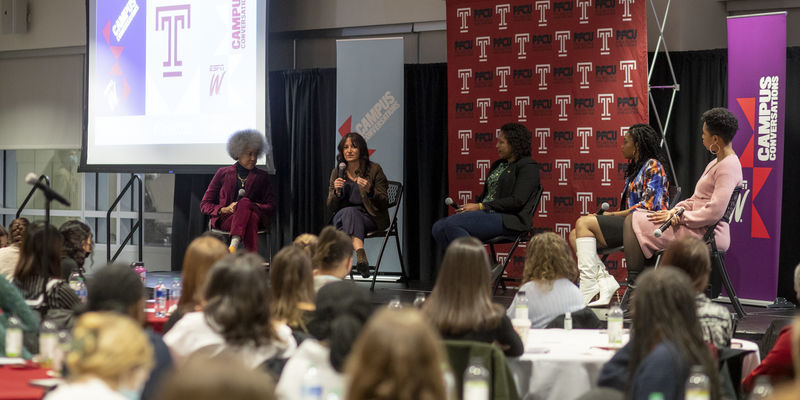How would a paid maternity leave policy benefit families?
Judith A. Levine, poverty scholar, associate professor of sociology and director of CLA’s Public Policy Lab, discusses the myriad benefits of a paid family leave policy in the U.S.

The United States is one of only a handful of countries that does not have a paid family leave policy. Currently, women are only able to take paid time off work after a child enters their home, either through birth or adoption, if paid leave is offered by their employers; for the women to whom paid maternity leave is not offered, the health and economic disadvantages are numerous.
In honor of Women’s History Month, we spoke with Associate Professor of Sociology and Director of the Public Policy Lab Judith A. Levine about the lack of paid maternity leave in the United States and its impact on the well-being of women and families.
Temple Now: What is the Family and Medical Leave Act and what does it entitle to new parents?
Judith Levine: The Family Medical Leave Act was passed in 1993 in the United States as the only piece of legislation about family leave. It says an employer can’t fire someone for taking a leave after a child enters the home or there’s a family illness but it has no pay associated with it, so it’s unpaid leave. It’s for up to 12 weeks of leave. And it gives the impression that it covers everyone, but actually it only covers people with employers of certain sizes and people who have been working at a job for a certain amount of time, so actually it only covers 50% of the U.S. workforce.
TN: So what would an ideal paid parental leave policy look like?
JL: Ideally, family leave would be paid. The fact that it is not paid means that there’s great inequality across workers in the U.S. and their ability to access leave. Obviously not everyone can afford to take 12 weeks of unpaid leave. For people who are lower income, who don’t have savings or who maybe don’t have other adults in the household who have incomes, unpaid leave is almost like having no leave because there’s no way to survive without pay. The only people that get paid leave currently are people who are offered it by their employers. And a lot of private employers do offer it because they want to retain their workforce, so they see it as an important benefit in order to attract and keep good workers.
TN: If there were a national paid maternity leave policy, what would the benefits be to women?
JL: First of all, there are just very basic health issues. I mean, it’s hard to give birth, especially if there’s a C section, it takes six weeks or so to recover from that surgery. At the very least, paid parental leave allows people to get themselves back together after this difficult physical event. Studies have shown that women are more likely to return to work if they have paid leaves and more likely to return to the same employers, which is important because that often is associated with career advancement. Women who have up to six months of paid leave have higher earnings up to five years later, and lower poverty rates obviously related to those higher earnings, so there are really concrete economic benefits.
TN: How would a national paid parental leave policy benefit children?
JL: Paid leave is associated with breastfeeding and with longer periods of breastfeeding. And, while there are other mechanisms to produce these benefits, breastfeeding is associated with child health benefits, and also with bonding between mothers and infants. Paid parental leave also lowers stress levels in households, brings needed income into households and can enhance nutrition for the whole family. The benefits of early bonding and breastfeeding are quite long term.
TN: When it comes to paid parental leave, most of the attention gets placed on mothers that have given birth, for good reason. But it should be noted that paid parental leave would be important for new fathers and adoptive parents, too. How do they benefit?
JL: These are very special early months after a child is born or a child is introduced to a household, and so having that sort of intensive period in which parents and children can bond is extremely important, both in the case of adoption, at any age, and the birth of a newborn. And fathers also benefit from this. It’s sort of a gift that women sometimes have this intense period of bonding with new children and fathers are often denied that, so paid paternity leave is a benefit for fathers and their children as well.
TN: It’s common for men to turn down the opportunity to take paid paternity leave if it does happen to be offered to them by their employer. How would you encourage a man to take paternity leave if it’s available to him?
JL: This is a big issue in parental leave—the fact that women are much more likely to take it. There’s worry that if only women take parental leave, it might have some long-term negative effects on women’s labor market outcomes and the development of their careers over time despite the short-term economic benefits. They can get “mommy tracked” if they’re out of the workplace for long periods of time and men are not. The more men who take it, the more normative it will become. The less men take it, the more we have these very dichotomous gender roles.
TN: Paid parental leave was a feature of the Build Back Better Act but that’s pretty much dead now, so do you see any path forward for having a good paid parental leave policy?
JL: It doesn’t look good at the moment. I think that there was enough interest and enough of a movement that I think it’s going to come back. I don’t know how hopeful I am that it can get passed and I don’t know how hopeful I am that it could be more generous than four weeks. But I do think that, for the first time, there is some real realization that the U.S. is a real outlier here and there is interest in it, so I have some cautious optimism that we may be able to pass it at some point.
TN: Is there anything else about parental leave that you think people should know?
JL: Studies show that when women take leaves longer than about a year,that does seem to have some long-term effects on women’s careers. And so that’s why it’s really important to couple paid family leave with high-quality government-supported child care so that women are able to be in the workforce and know that their children are in good hands. These are two policies that should go hand-in-hand.


